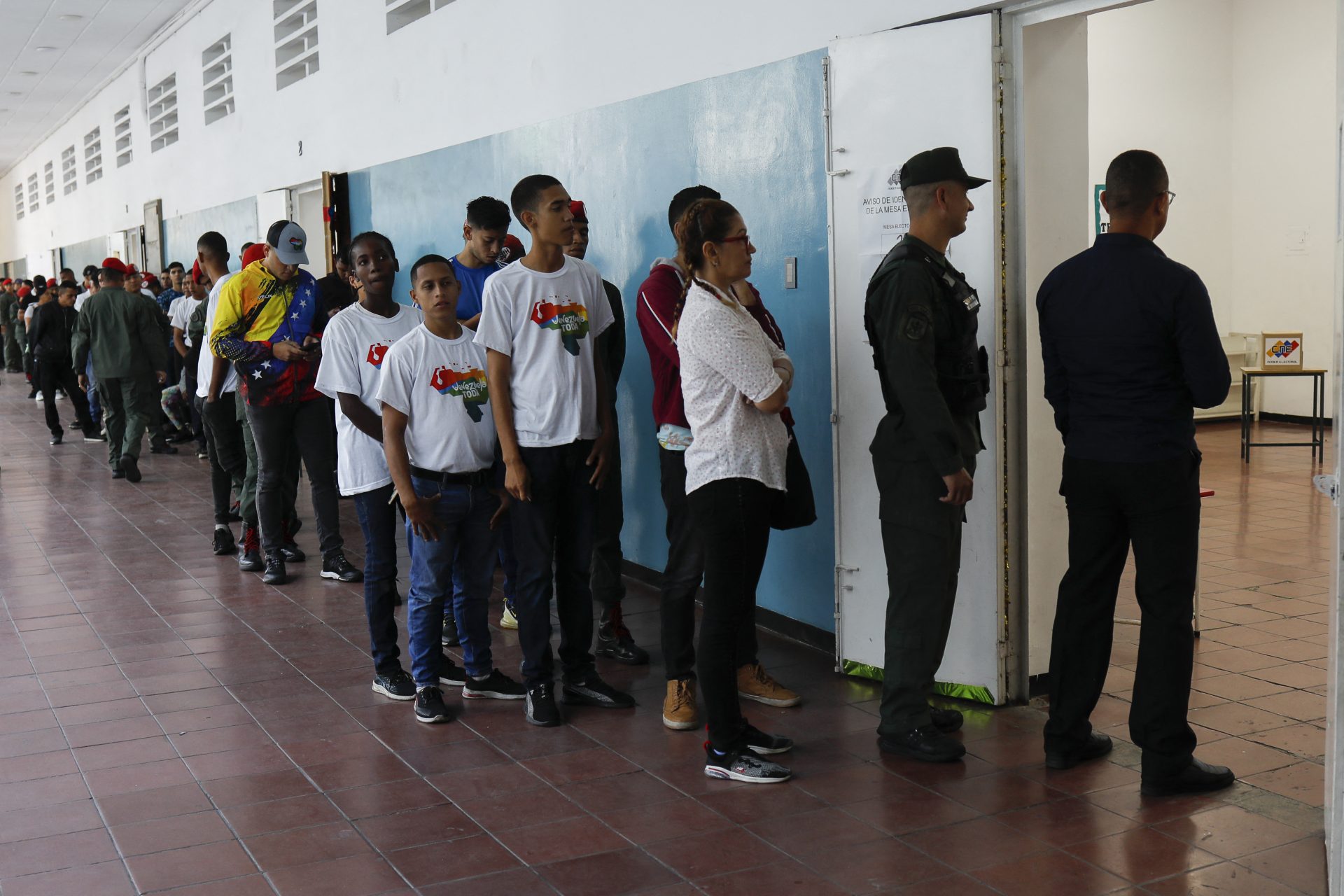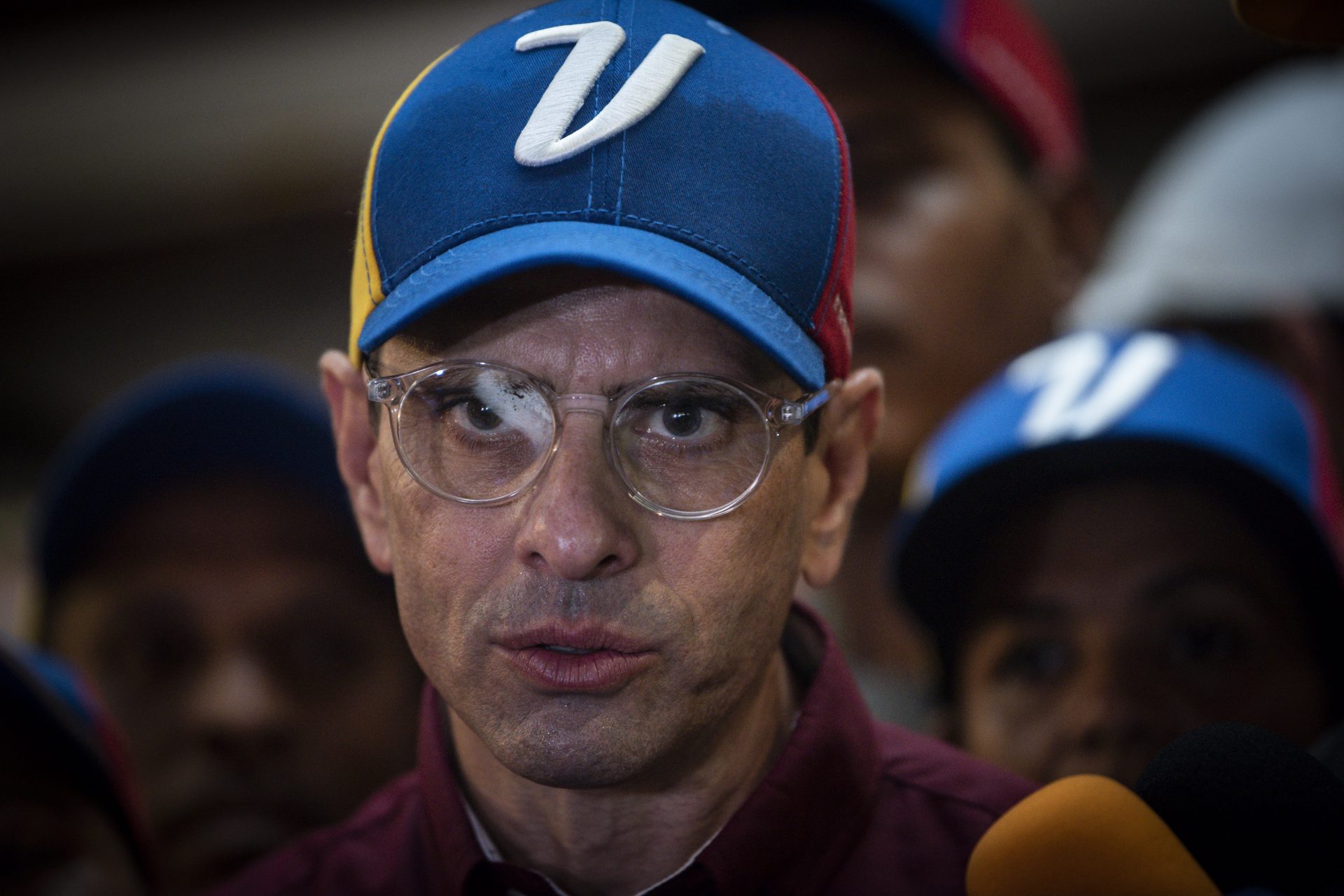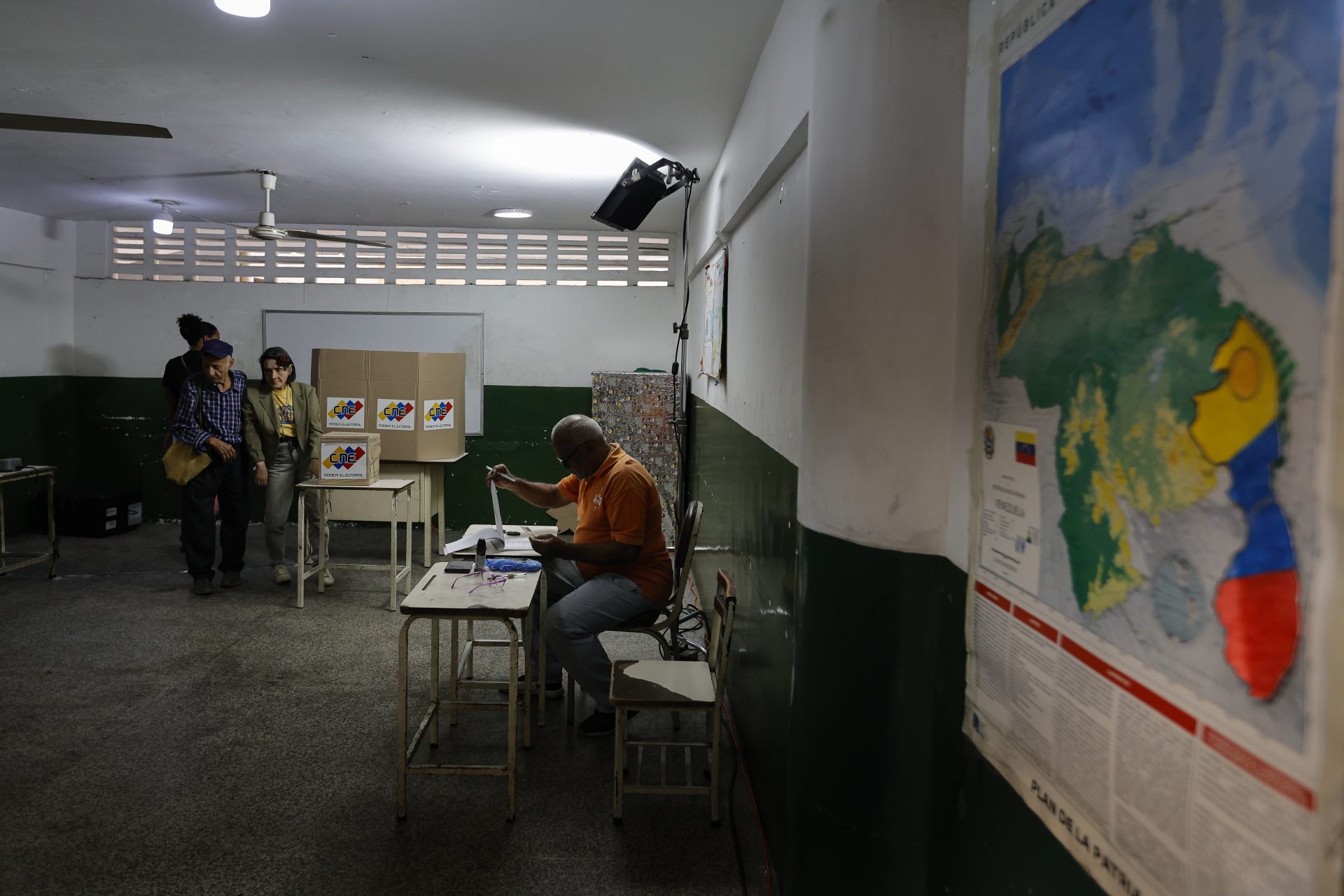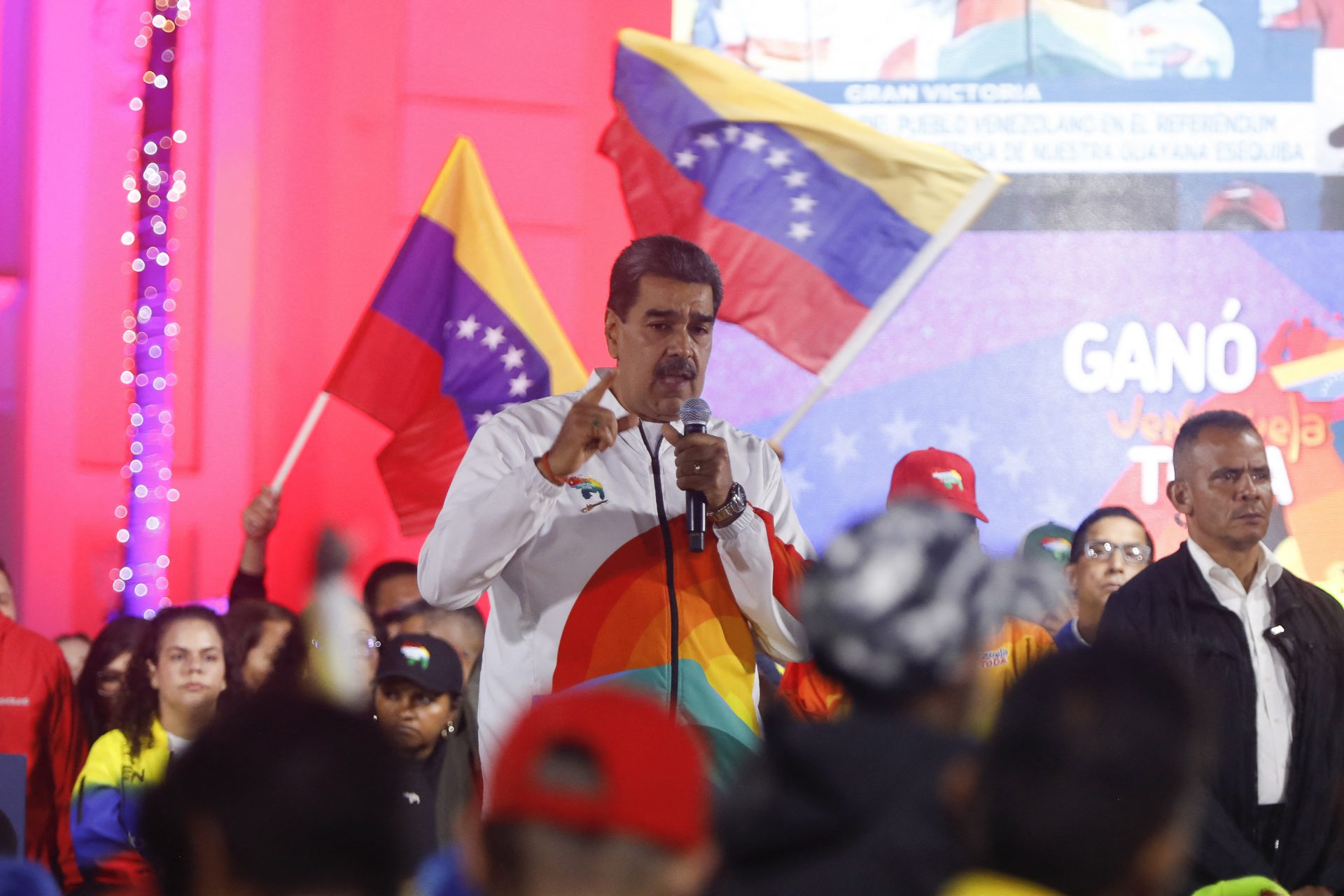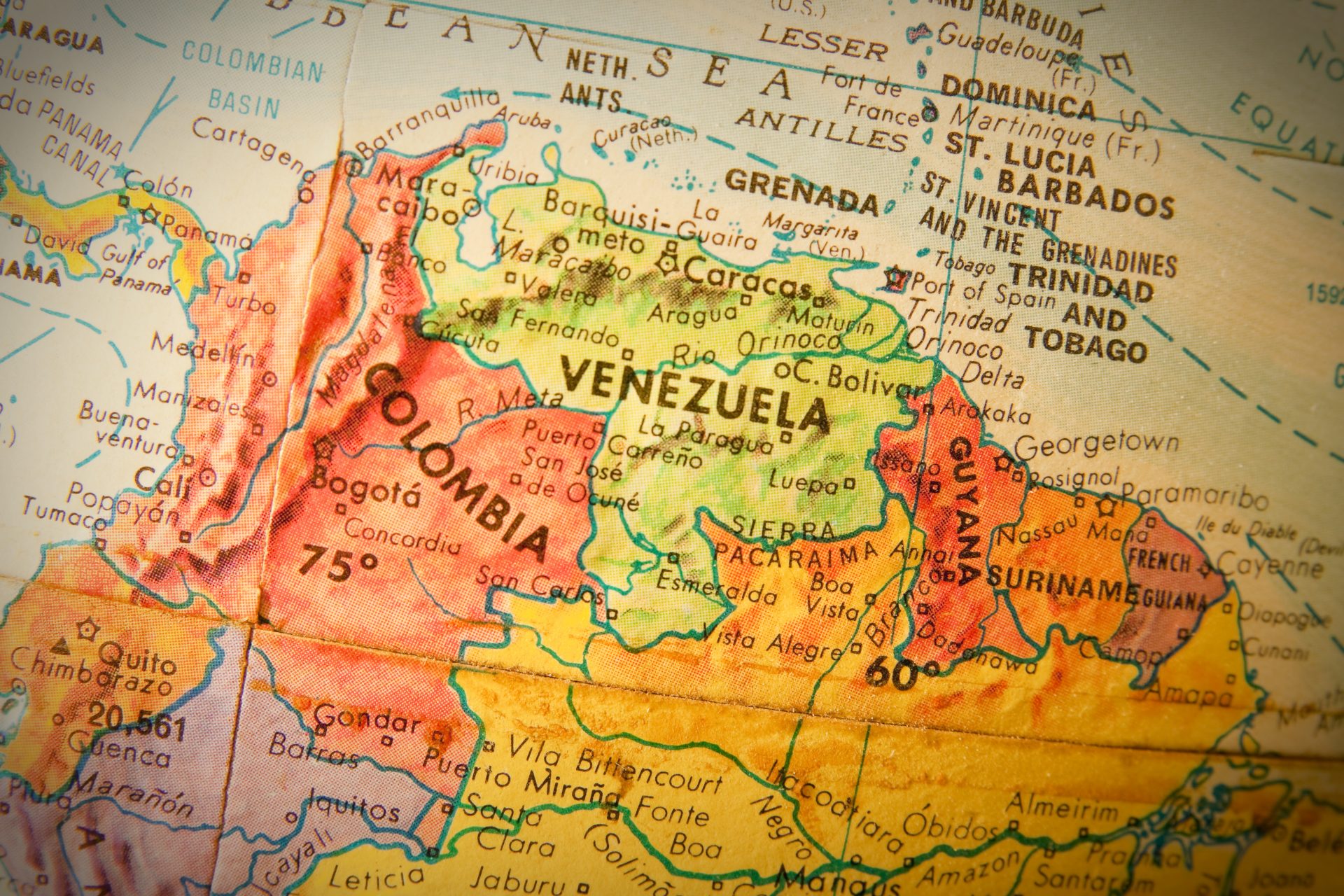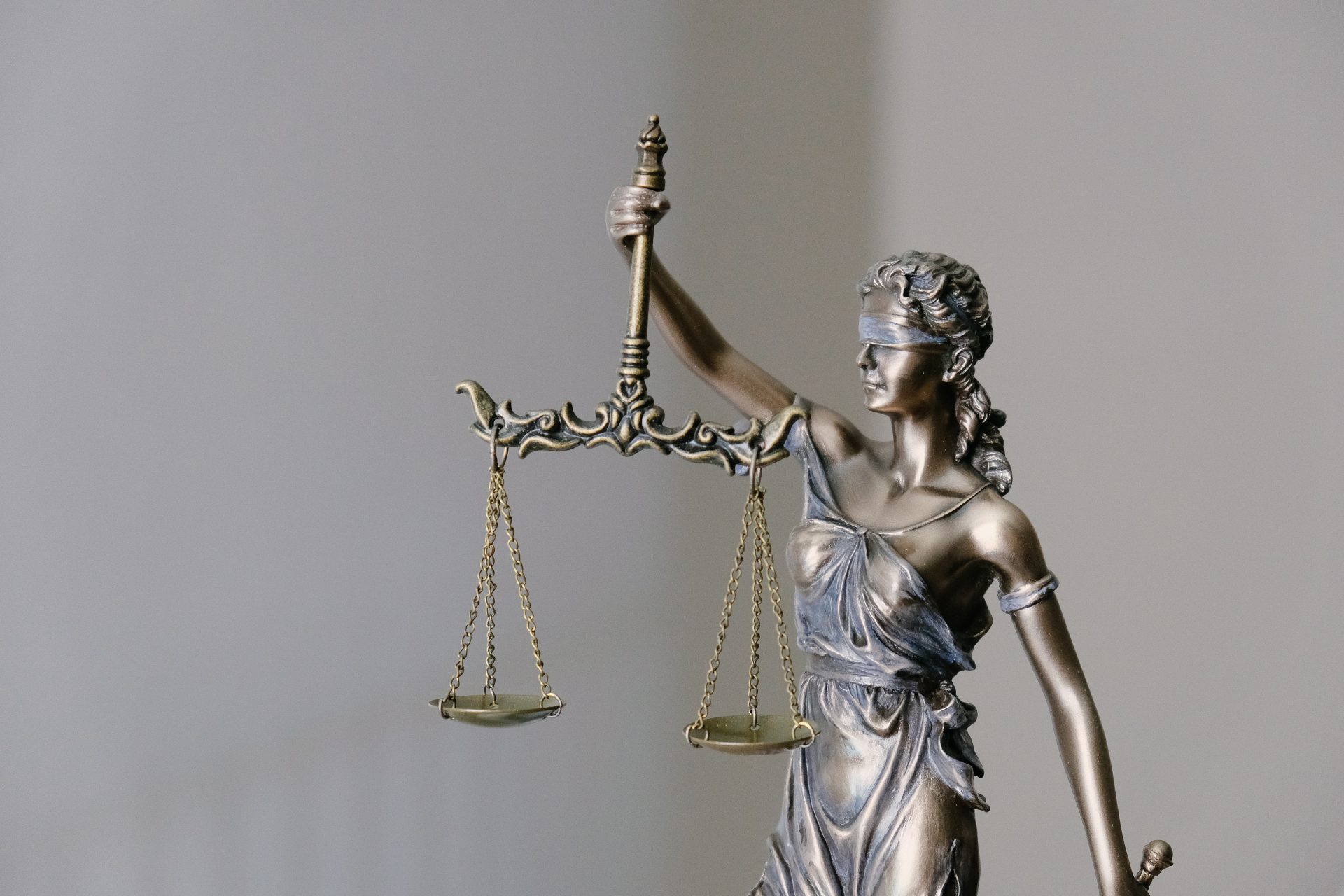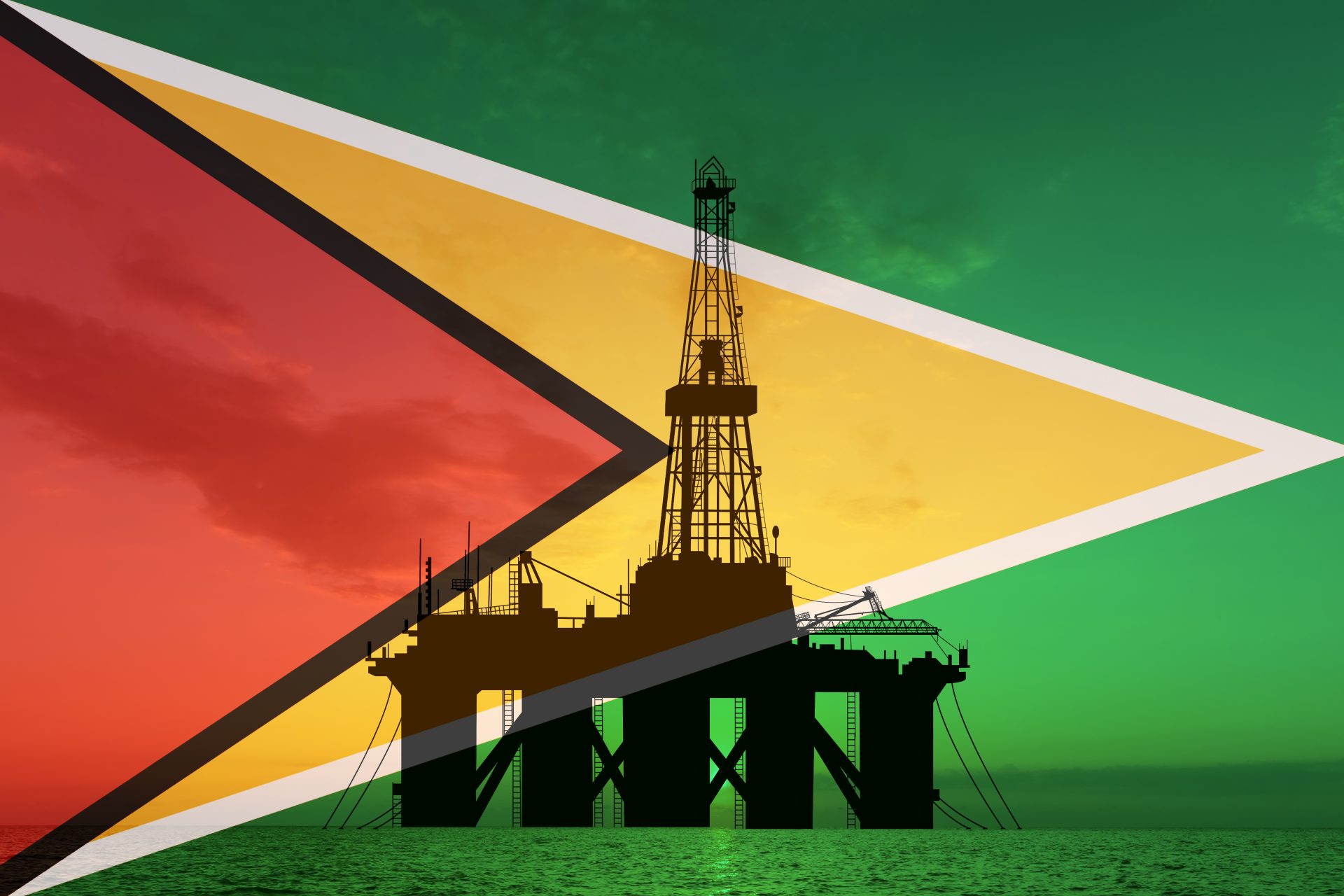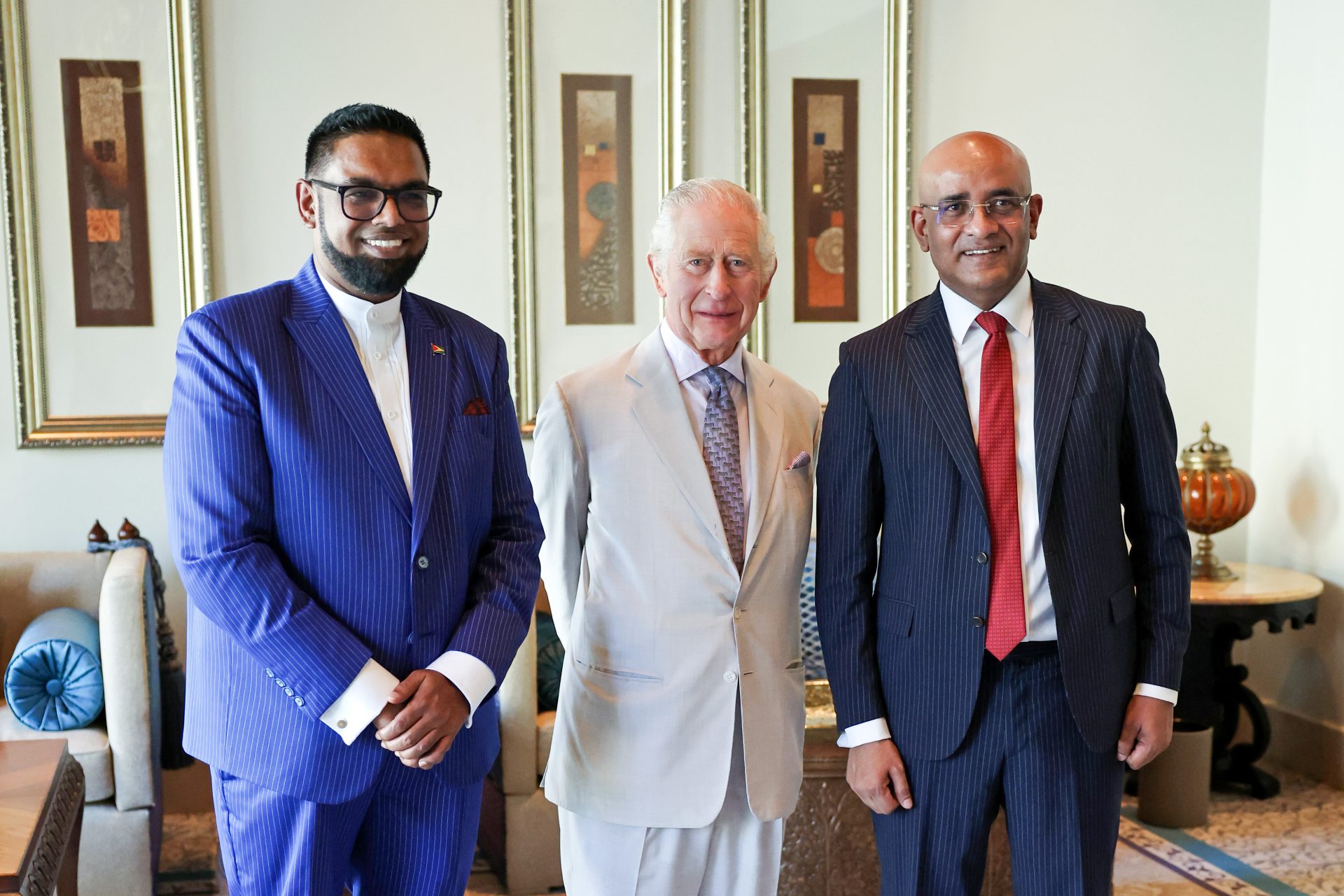Will Venezuela go to war with Guyana?
Tensions are growing between Venezuela and the Republic of Guyana in a conflict that many fear could lead to war between the two South American nations.
The Government of Venezuela, led by Nicolás Maduro, held a consultative referendum on December 3 that seeks to validate the annexation of the territory of Guayana Esequiba, which makes up two thirds of the Republic of Guyana.
Some Venezuelan opposition leaders, such as former presidential candidate Henrique Capriles, called on their followers to vote in the referendum.
The Venezuelan media website Efecto Cocuyo points out that the consultative referendum would convert the 159,000 square kilometers that Venezuela claims into a new administrative region under the control of Caracas.
The referendum proposed and supported by Maduro, according to the Spanish newspaper El País, would also seek a mechanism to give citizenship to the almost 300,000 people who live in the disputed area.
The National Electoral Council of Venezuela affirms that the consultation exceeded 10 million votes. In comparison, the last presidential elections in the country had an official participation of 9.3 million votes.
The referendum, where 90% of voters agreed to assimilate the Essequibo territory, followed a nationalist campaign on local media and has been decried by some experts as a fraud.
Meanwhile, the Government of Guyana requested to the International Court of Justice a ban on the referendum. The entity asked the Government in Caracas not to alter the status quo of the region in conflict.
International leaders, such as the president of Brazil, Lula da Silva, indicated their concern about the dispute between both South American countries.
Venezuelan historian Manuel Donís explained to the BBC that the Essequibo River was the original border between British Guyana and Greater Colombia in 1819.
When Greater Colombia split up to form Colombia, Ecuador, and Venezuela in 1830, the latter nation retained control over Guyana territory. However, the United Kingdom would gradually absorb the territory throughout the 19th century.
The United States, during the Grover Cleveland administration, became involved in arbitration at the request of Venezuela in 1895. A commission was created that, in 1899, ruled in favor of the United Kingdom.
However, decades later, it was revealed that the process was more of a secret agreement between two superpowers than a fair and impartial arbitration.
Image: tingeyinjurylawfirm / Unsplash
In 1962, the Venezuelan Government denounced the process irregularities to the United Nations, now against the independent Republic of Guyana. Since then, it has been discussed between different international entities and courts for decades.
The Venezuelan news website Efecto Cocuyo points out that in 2004, Venezuelan President Hugo Chávez settled the controversy with Guyana to strengthen alliances in the Caribbean.
However, the discovery of large oil fields in the maritime area of the Essequibo territory in 2015 fueled the dispute between Venezuela and Guyana.
For a long time, Venezuela was one of the most prosperous economies in South America, while Guyana tried to get on its feet as a former British colony.
Now the roles have been reversed, and Guyana has one greatest economic growth in the region, while Venezuela suffers a complex economic and social crisis.
Meanwhile, the Government of Guyana considers that there is nothing to discuss, and it abides to the border ruled out by the Paris Arbitration of 1899.
In the image: The president of Guyana, Irfaan Ali (left) with King Charles of England.
Will Maduro declare war on Guyana? Although Venezuela surpasses its neighbor in population and military power, it is unlikely that the Government of Caracas can afford to start a conflict of such size.
For many, Venezuela's problems are numerous and complex and seeking more obstacles with its neighbors will not solve the crisis that millions of Venezuelans are experiencing.
More for you
Top Stories




